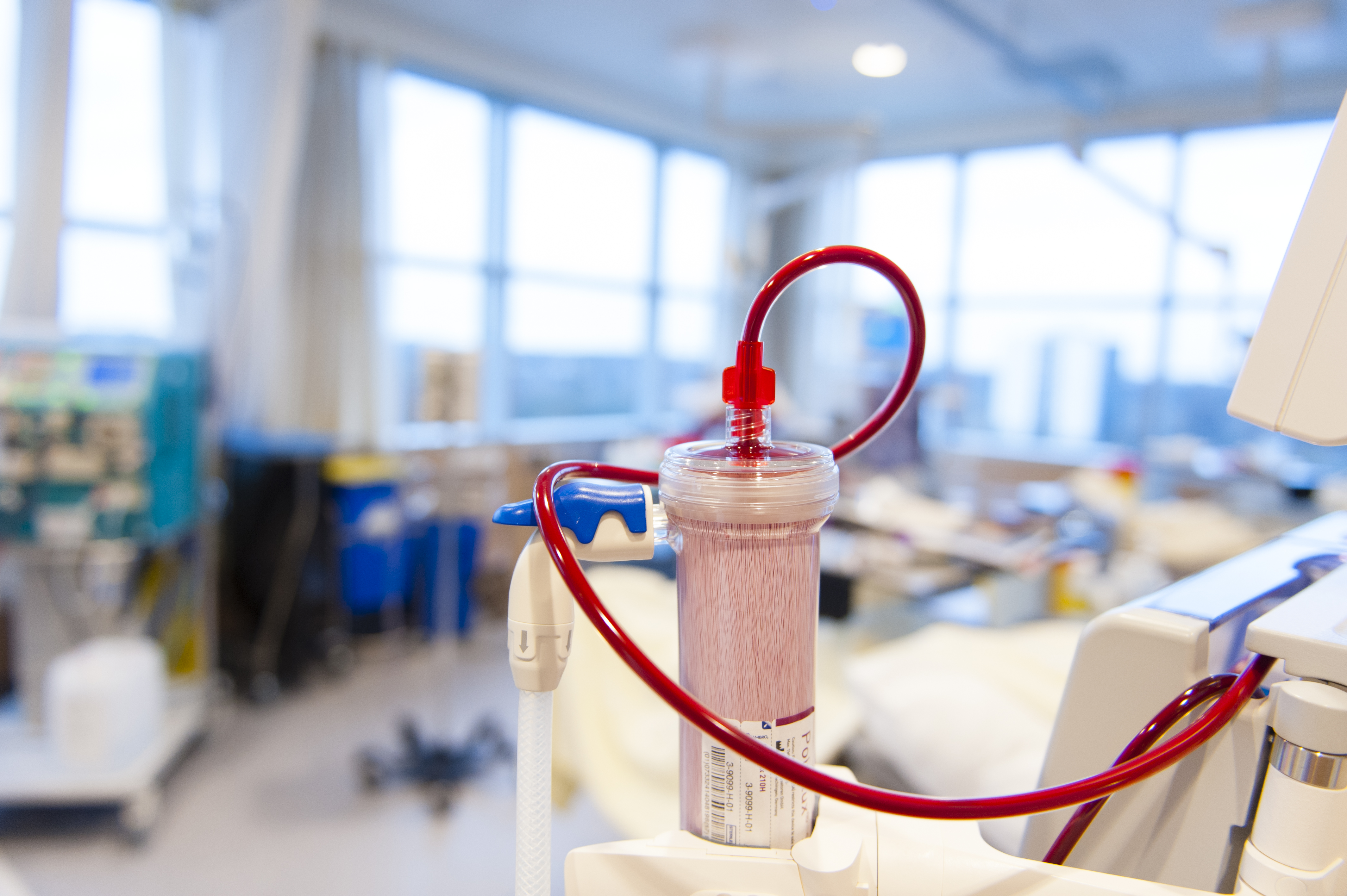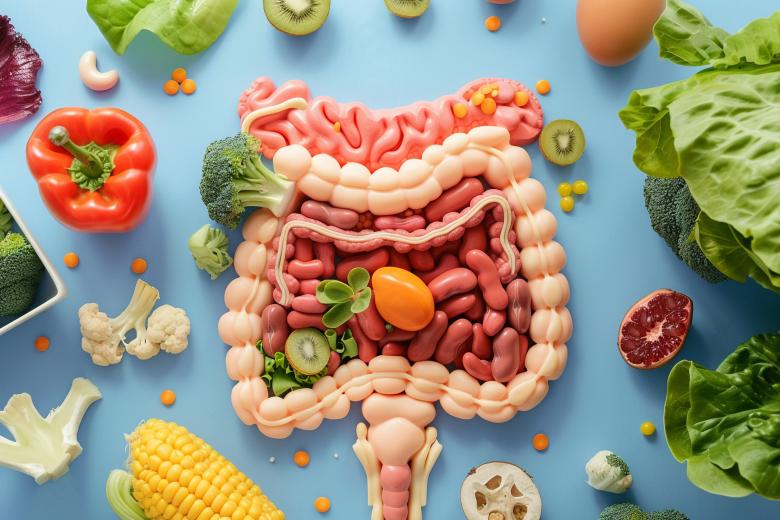Fluid balance important for survival of kidney patients
Measuring the amount of fluid in the body of a kidney patient treated with dialysis on a weekly basis appears to be more important than previously thought. Too much or too little bodily fluid increases the risk of death in these patients. This is the conclusion of Marijke Dekker’s doctoral research, carried out at the Catharina Hospital in Eindhoven and the Maastricht University Medical Centre. Dekker defended her PhD at Maastricht University on 17 September.
Dekker conducted a large-scale data analysis involving data from haemodialysis patients treated all over the world. She showed that it is important to measure the fluid balance in haemodialysis patients on a regular basis. This allows nephrologists, haemodialysis nurses and dietitians to better tailor the treatment to each individual patient’s needs, such as preventing malnutrition, measuring inflammation and striving for the optimal blood pressure.
On the basis of this research, Dekker and her supervisors contributed to the drafting of international recommendations for the optimal treatment of blood pressure and fluid balance in haemodialysis patients. This innovative method is now standard care in the Catharina Hospital, Elkerliek Hospital and Maastricht UMC+.

What is haemodialysis?
Worldwide, more than two million patients with poor kidney function have to go to hospital several times a week to have waste products and excess fluid removed by means of an artificial kidney.
MONDO Initiative
The nephrology department at the Catharina Hospital and the Deurne Dialysis Centre at the Elkerliek Hospital together form one of the largest haemodialysis centres in the Netherlands. To assess the quality of the treatment and ultimately improve patient outcomes, the Catharina Hospital has long participated, alongside the Maastricht UMC+, in an international consortium known as the MONDO Initiative (MONitoring Dialysis Outcomes). This partnership was created in order to collect data from large groups of haemodialysis patients worldwide, enabling researchers to identify which factors are harmful for different groups of patients.
Also read
-
New technique measures live activity of gut bacteria
Professor Ellen Blaak, PhD Gilian Larik and research team are tracking in MRUM fermentation chambers, how gut bacteria respond to food.

-
GROW research: all-in-one test for genetic defects in embryos🧪
Researchers at Maastricht UMC+ and GROW have developed a technique that can analyse the entire genome in a single test, allowing for faster determination of embryos suitable for successful pregnancy.

-
Cross-border inter-organisational cooperation in crime control
The Netherlands Organisation for Scientific Research (NWO) has awarded a grant under the SGW open competition to a research proposal written by Prof Dr Math Noortmann (Institute for Transnational and Euregional cross border cooperation and Mobility / ITEM) and Prof Dr J.B.M. Koning (UM School of...
